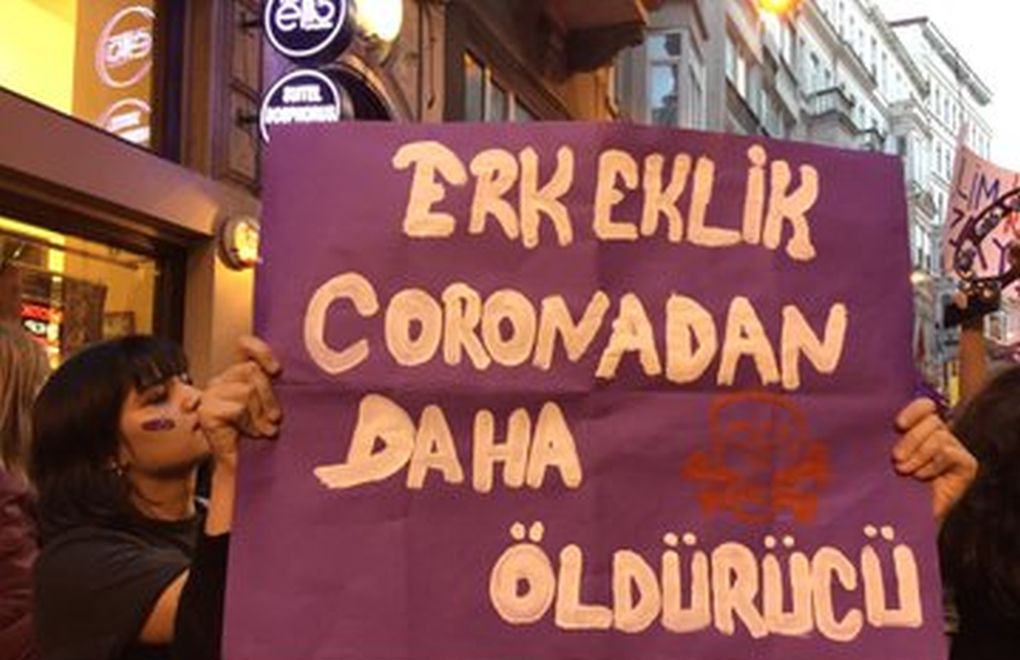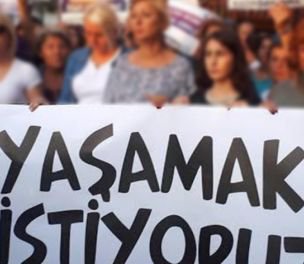"Manhood is more lethal than corona"
Click to read the article in Turkish
Women's Human Rights - New Solutions (KİH-YÇ) Association has published a new report titled "Being a Woman During the Pandemic," examining the ways in which the novel coronavirus (COVID-19) pandemic has affected the lives of women in Turkey.
The report has shown that women have been having difficulties in accessing healthcare services during the pandemic. They have also become poorer and violence inside the houses is still going on.
Based on phone interviews with 1,210 women in all 81 provinces of Turkey in May-June 2020, the report of the association has shown that of the women who had a spouse/partner, 97 percent were subjected to violence at least for once in the one-year period before the pandemic while 96 percent have been subjected to violence after its onset.
According to the report, the COVID-19 pandemic has affected the general health condition of women negatively. While 79 percent of women used to describe their mental state as good (very good and good) before the pandemic, this rate has dropped to 30 percent.
The findings of the report have indicated that 40 out of every 100 women said that they had problems with accessing healthcare services. 20 out of every 100 women who experienced problems indicated that they could not find a solution to their problems.
While 7 percent of women needed to see a doctor for their sexual and reproductive health during the pandemic, 16 percent of these women said that they had problems with accessing healthcare services and/or medication about these issues. Only 16 out of 100 women who experienced problems could get health services from a medical institution.
One out of every three household affected
Before the pandemic hit Turkey, 86 percent of the participants would describe their economic situation as middle class. After the pandemic, the rate of those women has dropped to 66 percent. The others are defining their situation as either poor or very poor now.
According to the report, one out of every three households was financially hit by the pandemic. The report has noted that at least one person was dismissed, put on unpaid leave or their work came to a halt in 34 percent of the households. 73 percent of the women said that they had economic problems after the onset of the pandemic. One out of every two women who said that they had problems also indicated that they could not find a solution.
When asked about how they tried to deal with their problems in this period, 12 of the 100 women who experienced problems said that they received support (aid) from public institutions, 41 women said that they borrowed money from family/relatives, friends or banks, 11 percent said that they spent their savings and 15 percent said that they cut their expenses. (RT/SD)






